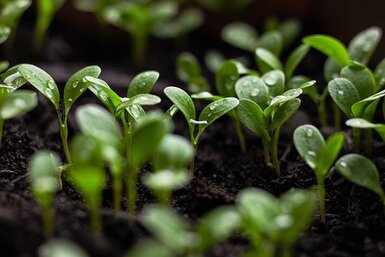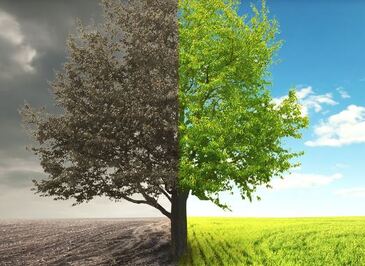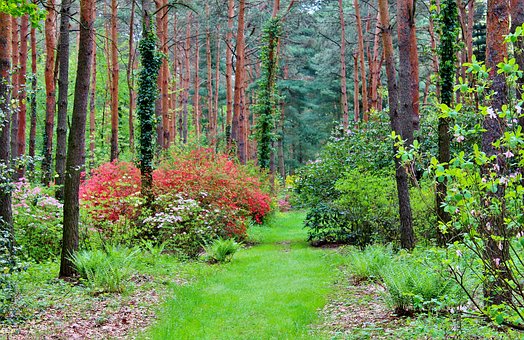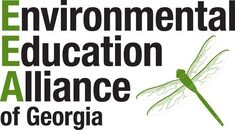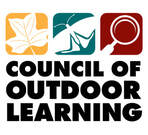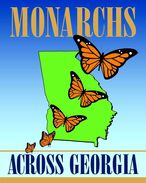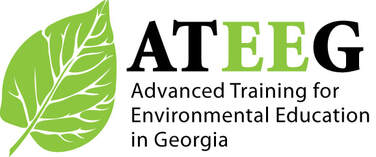Environmental Education Alliance of Georgia
- Our Story
- Our Team
- Our Events
-
Our Resources
- Wildlife Viewing
- Earth Month Activities
- Garden-based Learning
- EcoEngineering Challenges
- Community (Citizen) Science
- Phenomenon-Based Learning
- Problem-Based Learning
- Place-Based Learning
- Project-Based Learning
- Teaching about Climate Change
- Teaching about EJ
- Zero Waste Heroes
- SAGES Project
- Virtual EE Resources
- Environmental Clubs
- Evaluation and Assessment
-
Our Work
- Our News
- Our Impact
- JOIN or GIVE
- Member Portal
- Contact Us
- Outdoor Learning Store
- PassTick2023-4
- Annual Report
- New Page
- Past 2022 EEA Conference
- Past EEA Board 2021-22
- Past 2022 conferenceoverview
- Non-clickable Page
- New Page
- EEA Guest Blog
- Our Story
- Our Team
- Our Events
-
Our Resources
- Wildlife Viewing
- Earth Month Activities
- Garden-based Learning
- EcoEngineering Challenges
- Community (Citizen) Science
- Phenomenon-Based Learning
- Problem-Based Learning
- Place-Based Learning
- Project-Based Learning
- Teaching about Climate Change
- Teaching about EJ
- Zero Waste Heroes
- SAGES Project
- Virtual EE Resources
- Environmental Clubs
- Evaluation and Assessment
-
Our Work
- Our News
- Our Impact
- JOIN or GIVE
- Member Portal
- Contact Us
- Outdoor Learning Store
- PassTick2023-4
- Annual Report
- New Page
- Past 2022 EEA Conference
- Past EEA Board 2021-22
- Past 2022 conferenceoverview
- Non-clickable Page
- New Page
- EEA Guest Blog
Why Garden to Drawdown Carbon from the Atmosphere and Sequester it in Plants and Soil?
|
All living organisms contain carbon. Coal, oil and natural gas (called "fossil fuels" because they are the remains of long-dead organisms) release their carbon when they are dug up and burned to generate electricity or power vehicles, or when they are manufactured into plastics. Carbon in the atmosphere - in the form of carbon dioxide (CO2) - is a gas that amplifies the "greenhouse effect", resulting in warming of the earth. Planting gardens that draw down CO2 from the atmosphere and sequester it in long-lived plants and soils, can help reduce the effects of global warming. Check these strategies and case studies that provide models for making a difference in the world.
|
Plant a Carbon Garden
How Carbon Gardens Work and General Advice
|
Plant Species Selection
- Grow Native Plant Species to Store Carbon - Grow Native
- Plant Perennials and Long-Rooted Grasses to Combat Climate Change - Christian Science Monitor
- Edible Perennials for Carbon Farming - Plant Protein
- Native Grasses & Sedges of GA, Native Ferns of GA, Native Wildflowers of GA, Native Flowers of North GA - UGA Extension
Soil Treatments, Composting and Reduced Use of Synthetic Fertilizers
Other Decarbonizing Garden Practices
Supplies for Carbon Gardening
- Composter (tumbling / 2 sided) or other type researched and selected by students
- Garden space (raised bed, container, or huglkultur) or other typed that minimizes soil disturbance
- Water source (hose, sprinkler, drip irrigation system) or other approach researched and selected by students
- Trowels, gloves, seeds or plants
Grow a "Carbon-etum" to Provide Shade and Decarbonize the Atmosphere
|
An arboretum is a planted forest with a variety of specimen trees. A "carboretum" features plants chosen specifically for carbon capture and sequestration capacity.
|
Investigating the Idea of Decarbonizing the Atmosphere by Planting Trees
- How Many Trees Would It Take to Offset Our Carbon Emissions? MIT Climate Portal
- Examining the Viability of Planting Trees to Mitigate Climate Change- NASA
- Calculating Tree Carbon from Stumps or Borings, using Tree Rings - Forest Data Network
- How Decades of Racist Housing Policy Left Some Neighborhoods Sweltering - New York Times interactive article
- The Climate Impact of Your Neighborhood, Mapped - New York Times interactive article
Schoolyard Forest Models
- California Schoolyard Forests - Green Schoolyards America, Ten Strands and partners
- Forest Schoolyard Ecology Project (LITR) - Harvard
- Reimagining Schoolyards to Improve Health and Learning / The Miyawaki Method - Governing
- Guide to Designing an Urban Schoolyard Forest - U of Wisconsin
- EEA's CoOL Toolkit - Environmental Education Alliance
Planting Equipment and Sources of Trees for Georgia Schools
- Georgia Forestry Commission's Tree Seedling Program
- Measuring wheels, Diameter tape, Tree Spades and Augers
Case Studies: Finding Your Climate SuperPower
|
|
Tree PlantingClara Kitonga, born and raised in Uganda, coordinates the Tree Pittsburgh program and its One Tree Per Child initiative. Inspired by Wangari Maathai, who started the Greenbelt Movement in Kenya, Clara engages people in planting trees to reduce the impacts of climate change, and promotes the value of children planting trees on school grounds.
|
|
|
Collaborative FarmingAs a farmer, Demetrius Milling, a native of Atlanta, works toward carbon-neutrality by using techniques that sequester carbon and build soil health without synthetic fertilizers. The cooperative farm where he works is a model of CSA or Community Supported Agriculture, which gives anyone who lives nearby the opportunity to participate by subscribing to the farm financially and receiving part of the harvest in return, throughout the growing season.
|
|
|
Environmental JusticeDr. Eri Saikawa is a researcher and professor whose work testing soils for lead contamination and monitoring air quality have empowered communities that are disproportionately impacted by pollution and climate change. An interesting aspect of her work is that she also equips locals and students to become community scientists and monitor conditions to protect themselves and others from adverse health effects.
|
|
|
Planeteer AllianceRobin Okunowo is an environmental educator for the Captain Planet Foundation whose childhood experiences seeing "trash rivers" flow onto beaches left an indelible impression. She can testify to the importance of children being able to see people they relate to as leaders in climate change, environmental justice, or any field, in terms of opening up possibilities.
|
|
Environmental Education Alliance, Inc.
P.O. Box 801066 | Acworth, GA 30101 EEA does not does not discriminate on the basis of race, color, national origin, sex, age, or disability in its program , activities, or employment. For more information on EEA's non-discrimination commitment click here . Grievance officer may be contacted at [email protected] |
Proudly powered by Weebly
|
